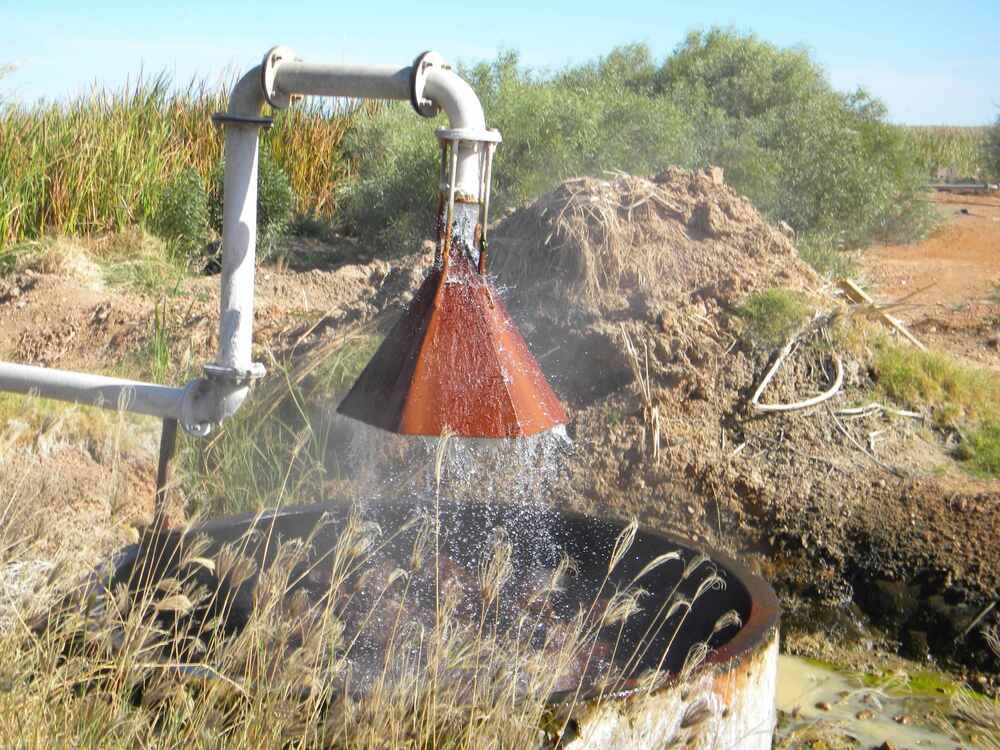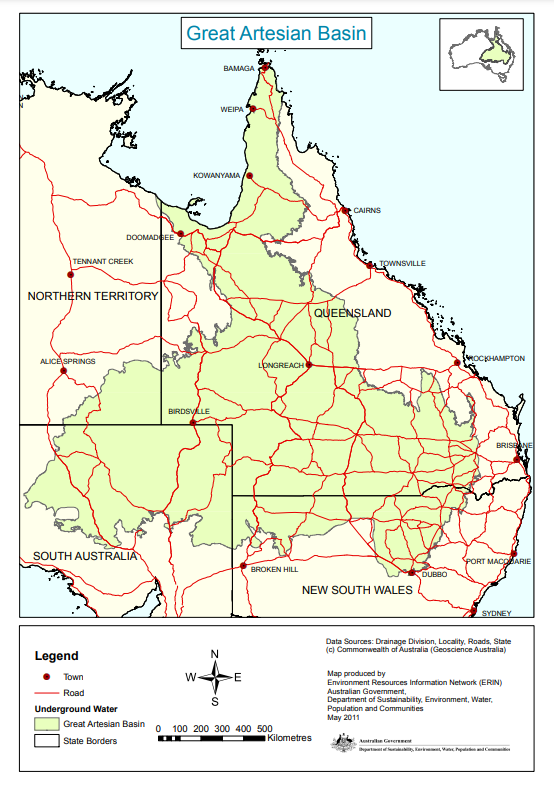Concern over bore water shake up
River McCrossen
23 July 2024, 9:40 PM

Coonamble bore water users were amongst a number of ratepayers and officials who met in Narrabri on Monday for updates from the NSW Government on their water access requirements.
New regulations as part of the Water Management Act came into effect on March 1, and are now impacting artesian bore water users across the Western Plains, including in Quambone, Wingadee, Collarenebri and Come By Chance.
Water trusts must provide a "works plan" including the location, management, mapping and access licencing for their bore water systems.
"It's pretty basic stuff, it's just the 'when, what, who where and how' so that they're clear and we're clear on the theatre of operation," Director of Water Planning Implementation at the NSW Department of Planning, Industry and Environment (NSW DPIE), Allan Raine said.
"They must have these work developed by March 2025, but they're fairly simple documents and we're more than happy to work with them on getting those over the line."
Mr Raine said the changes also reduce red tape for trust, including by allowing boards to fill vacancies without NSW government approval.

Free-flowing bores like this one are a rarer sight these days. IMAGE Wikimedia
However, Artesian Bore Users Association of NSW (ABUA) Vice-President, Marg Garnsey, said it may be difficult for trusts to meet the requirements.
"A lot of these trusts started in the early 1900s, like 1910 to 1930. Typically a lot were done in the 1940s and 1950s, then there was another lot that was done in the 1970s to 1980s," Ms Garnsey said.
"A lot of country has changed hands in those times.
"When the Cap and Pipe scheme came in, they gave a lot of landholders a map of the area and of the trust and exactly what the limitations are, who can be on it, who can't, where it runs, where the troughs and tanks are to be.
"Over all these years, heaps of people have lost their maps, country's been resold, houses burned down, you get floods," Ms Garnsey said.
"People just don't always have the opportunity to look after everything exactly as it should be."
The Cap and Pipe scheme provides landowners financial incentives to cap free-flowing bores and replace open bore drains with piping.
The consultation panel at Narrabri yesterday was led by NSW DPIE Water Resource Officer Lucy Peters and Neeraj Maini, Principal Policy Officer at the Water Operations Division of the NSW Department of Climate Change, Energy, the Environment and Water (NSW DCCEEW).
Ms Garnsey said attendee were left "frustrated" by the end of the session.
"Some of the answers were specific, but anything that really wanted to pin them down was 'we'll have to get back to you.'
"'If we have a bore failure, will the government help?' 'Oh, we'll get back to you on that one.'
"They did get the answers, but not the answers that they wanted. They're frustrated that government's fixing a system that didn't need to be fixed."

The Great Artesian Basin system that supplies bore water in the Western Plains. SOURCE: Australian Government
Moving away from the Trust model
The changes to the Water Act mean that new entity trusts can convert to 'private water corporations,' as part of the government's push away from the trust model.
Unlike trusts, corporations have the power to appoint 'authorised officers' to investigate breaches of member agreements and impose charges if someone takes water illegally or damages infrastructure.
While the legislation doesn't force trusts to become corporations, they cannot switch back if they opt in and landholders are being offered a fee-free option if they create a corporation by March 1, 2026.
"If a trust feels it needs to exercise additional powers, then conversion to a corporation allows them," Mr Raine said.
"We would encourage trusts to become corporations so they have those, but at the moment with the way the Act is written they can stay as trusts if they feel that everything is operating well in the current format."
A DCCEEW spokesperson said none of the reforms shift responsibility for administration and maintenance of bore water systems between water boards and the NSW government.
"If it's on Crown land, responsibilities won't be dictated in our Act. That will be whatever arrangement they have with Crown lands," Mr Raine said.
"Those sorts of arrangements will be detailed on a case by case basis.
"The whole point of this is to make it easier for these groups to operate, give them more powers, give them more autonomy, but we're also here if they need help."
Fear of ownership disputes
Ms Garnsey, also a member of almost 30 bore water trusts, said "ambiguous" legislation will leave the door open to ownership disputes.
"They're saying that we all need to become incorporated, but we're all saying 'why?' Legally it brings up a lot of questions like who is going to responsible for the bore head?
"Ownership is the critical issue and ownership comes with deeds, so if you're going to be incorporated and you've got the deed saying you own the land and the pump is on that.
"That's fine, but they're not coming up with transfer of ownership of anything that's still on Crown land."



